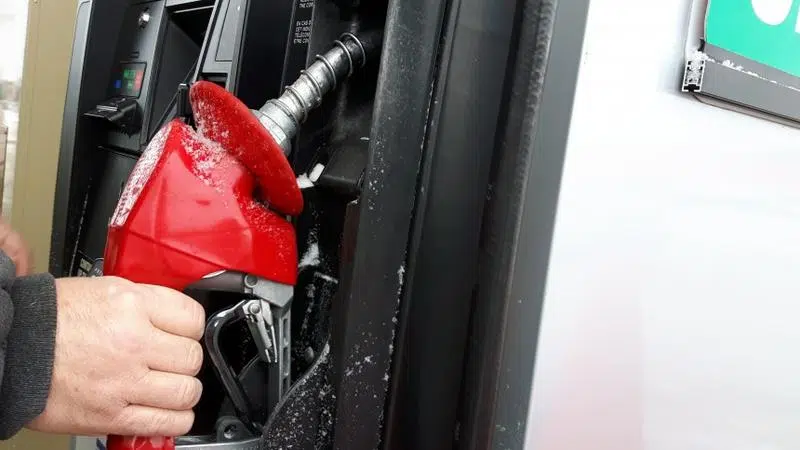
Saskatchewan to see federal carbon tax kick in today
The federal government’s carbon tax takes effect on Monday in Saskatchewan.
People will notice an immediate impact at gas pumps, where gas prices will go up 4.4 cents per litre.
“That means that everything that we use or consume will be affected adversely. It will drive up the cost of just about everything,” said Dan McTeague, a petroleum analyst for Gas Buddy.


